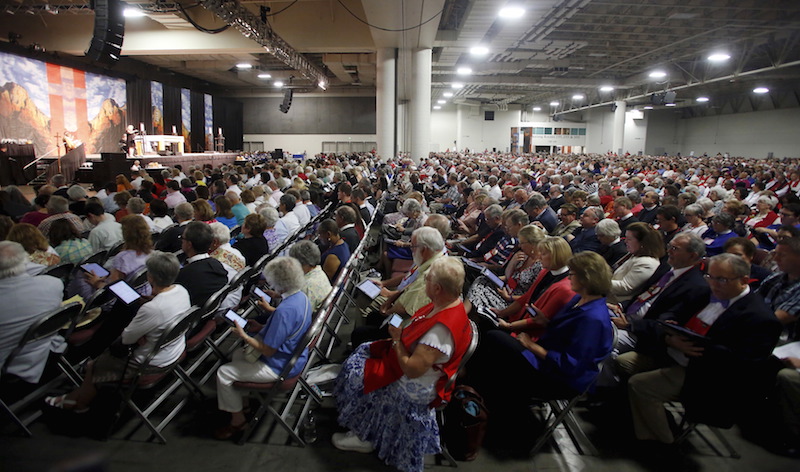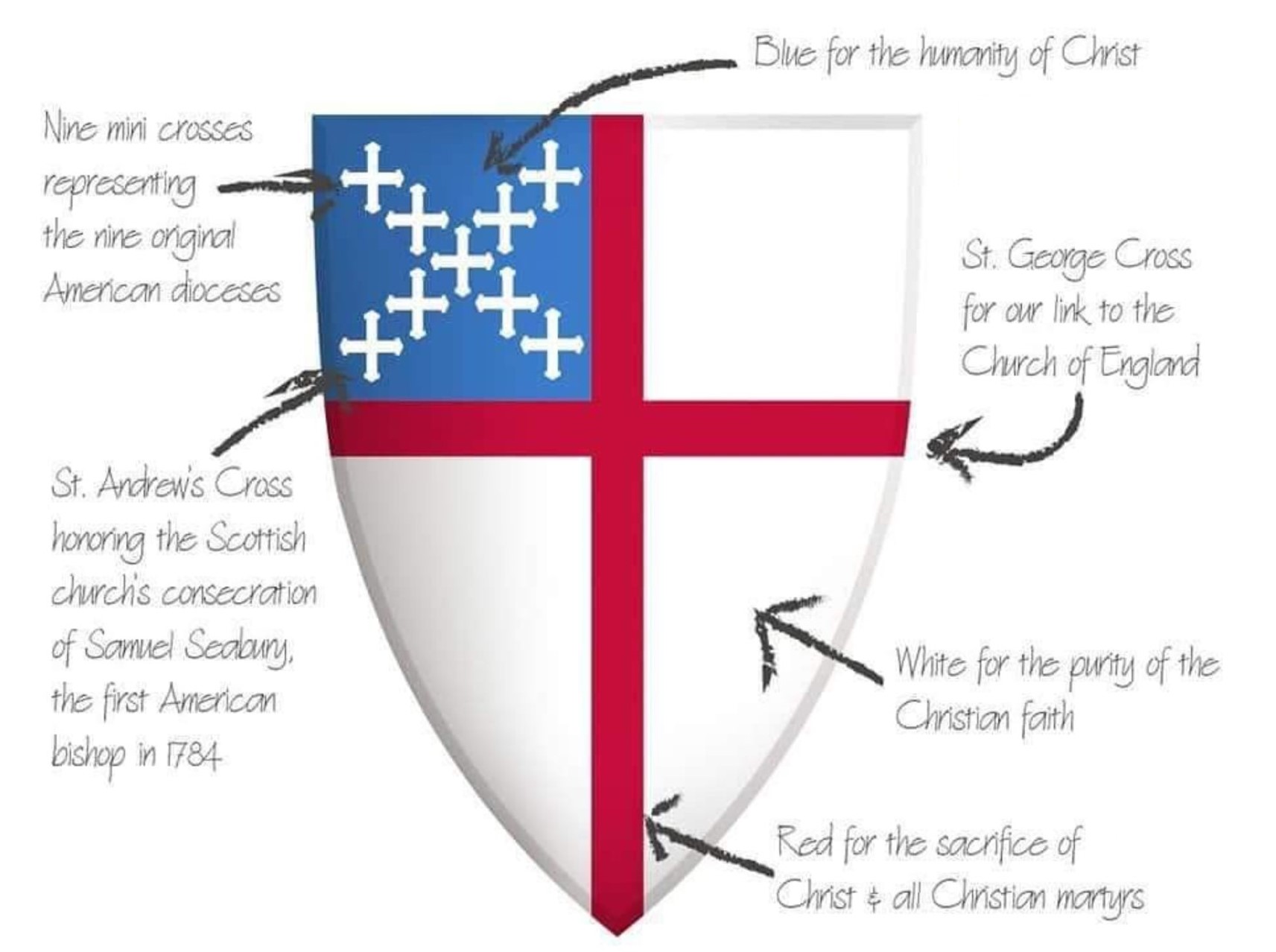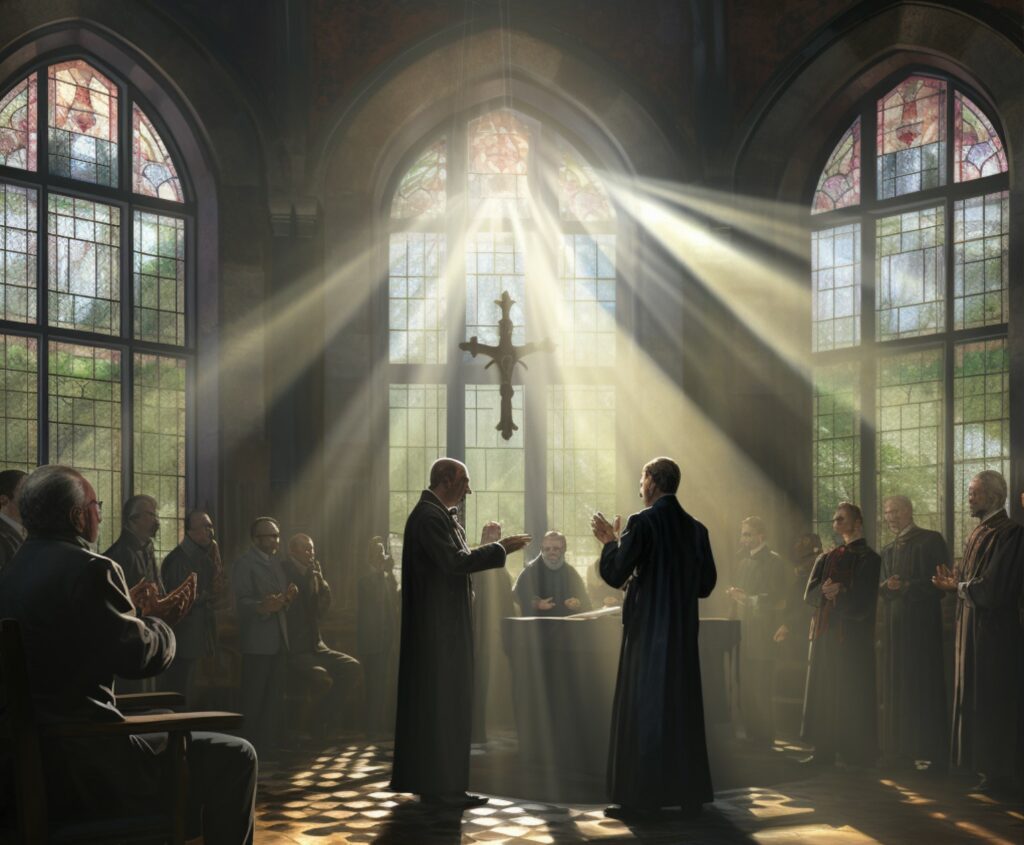Who Authorizes the Use of the Book of Common Prayer?

Structure of the Episcopal Church
The Episcopal Church is governed by a bicameral General Convention, which meets every three years, and by an Executive Council during interim years. The Executive Council serves as the governing body of The Episcopal Church between sessions of the General Convention, charged specifically with executing the program and policies adopted by the Convention.
The General Convention consists of the House of Bishops and the House of Deputies. Any changes in the Book of Common Prayer requires a majority votes by both Houses in two successive Conventions to become effective.
House of Bishops
The House of Bishops is composed of every bishop with jurisdiction (diocesan bishop), every bishop coadjutor, every suffragan bishop, every retired bishop, every bishop elected to an office created by General Convention, and every bishop who has resigned because of mission strategy – each of whom has a seat and vote. The House may also elect collegial members who are admitted with seat and voice, but no vote. Collegial members are bishops in the Anglican Communion who serve extra-provincial dioceses.
t is traditional for the House of Bishops to meet at least annually in interim sessions between General Conventions, when its agenda is limited by the Constitution and Canons to matters affecting the general state of the church and meeting the needs of contemporary society. When meeting in interim session, it does not have legislative power to initiate or amend programs approved by the two houses meeting as General Convention.
House of Deputies
The House of Deputies is composed of up to four lay and four clerical deputies from each of the jurisdictions, domestic and overseas, elected in the manner determined by each jurisdiction.
Task Force on Liturgical and Prayer Book
The Task Force on Liturgical and Prayer Book Revision was established by General Convention resolution A-068 and met for its initial meeting Nov. 11–13, 2018. The Church desired to expand the breadth of its liturgical prayer to include richer biblical and theological language and new rites that are needed for particular missional contexts, while continuing its historic commitment to the biblical roots of public prayer and to traditional Anglican liturgical and sacramental formularies.


Turmoil in Last Half Century
Since 1950, the Protestant Episcopal Church experienced numerous issues, generally characterized between the Conservative and Liberal members of the community. The controversies include:
- Civil Rights. A 1958 Convention resolution to “work actively to eliminate racial discrimination in the life of our Church…” The motion was weakened through a series of substitutes and amendments led by Southern members of the Church. The Church continues to wrestle with the full equality even as social progress occurs.
- Women’s Role in the Church. In 1976, the General Convention approved the ordination of women to the priesthood and the episcopate in the Episcopal Church and stated that such ordinations might begin January 1, 1977. Women have served as bishops since 1989 and as presiding bishop since 2006. Many believe the issue was the impetus for the formation of the Anglican Church of North America.
- Sanctity of marriage. On June 29, 2015, the House of Bishops at the 78th General Convention of the Episcopal Church passed a resolution removing the definition of marriage as being between one man and one woman. In 2018, the General Convention voted to force all Episcopal churches to allow gay and lesbian couples to “marry” in the church. A previous version of the resolution would have made gay marriage a component of official theology by the insertion of new liturgies in the Book of Common Prayer. It was shelved over fears that those opposed to same-sex marriage for biblical reasons would have ensured their departure from the denomination.
The Anglican Church of North America (ANCA) formed in 2009 in Bedford, Texas. Its founders were theological traditionalists (conservatives) who had seceded from the Episcopal Church in the United States of America (ECUSA) and the Anglican Church of Canada. The splinter group subsequently adopted a 2019 Book of Common Prayer for their members reflecting their perception that the main body has become too “liberal” in their theology and liturgies, especially the ordination of women and recognition of homosexuality. The ANCA BCP reflects the Church of England’s 1662 Book of Prayer and the Thirty-Nine Articles of Religion of 1571.
